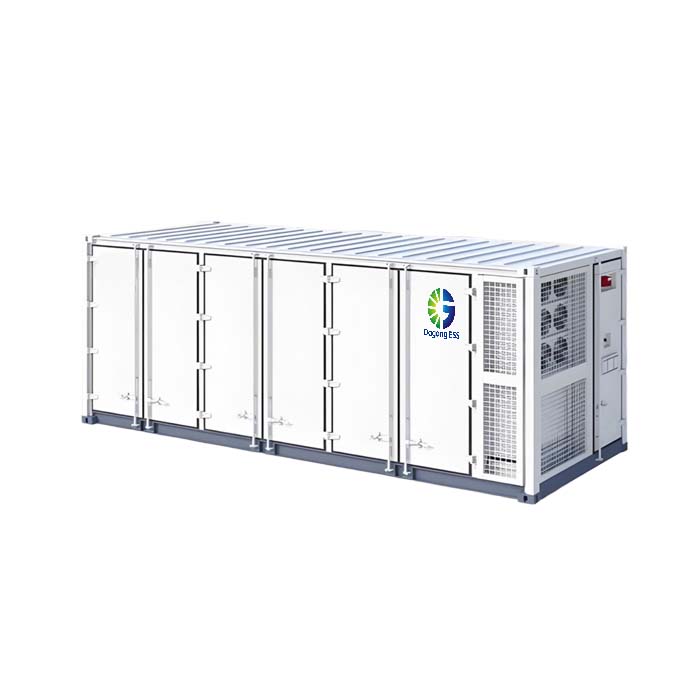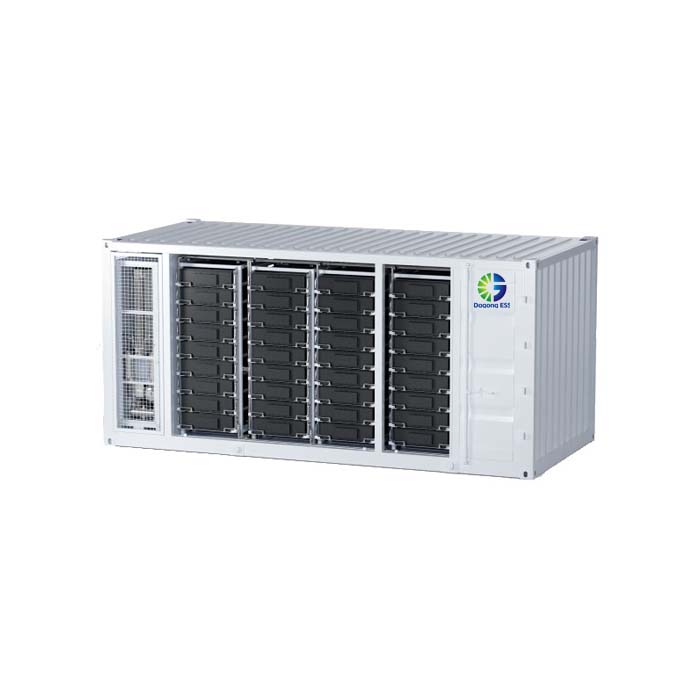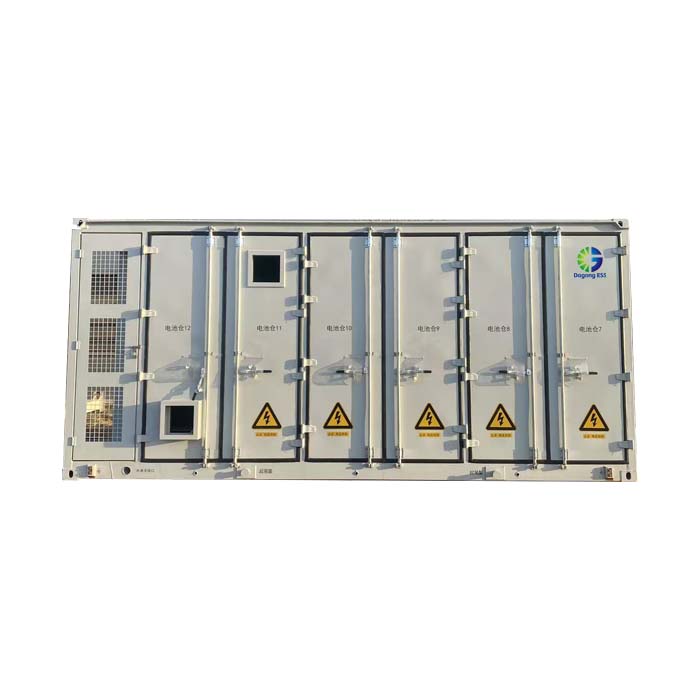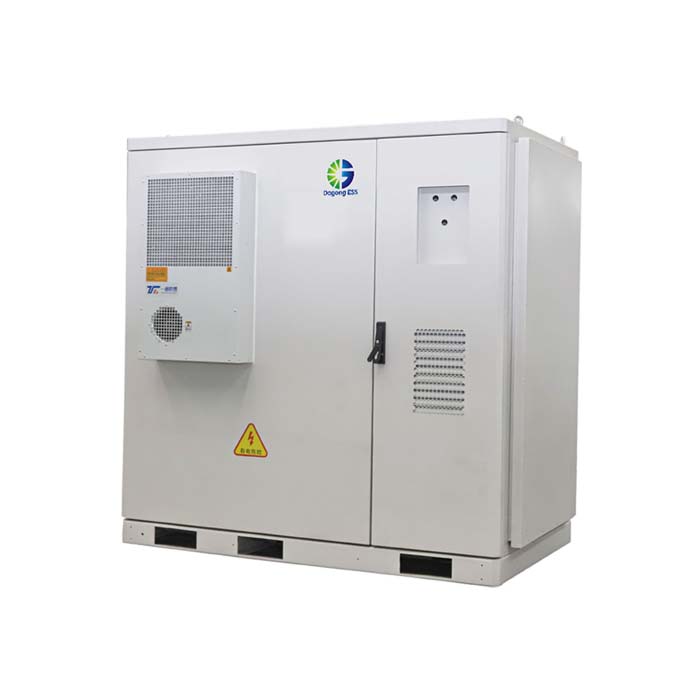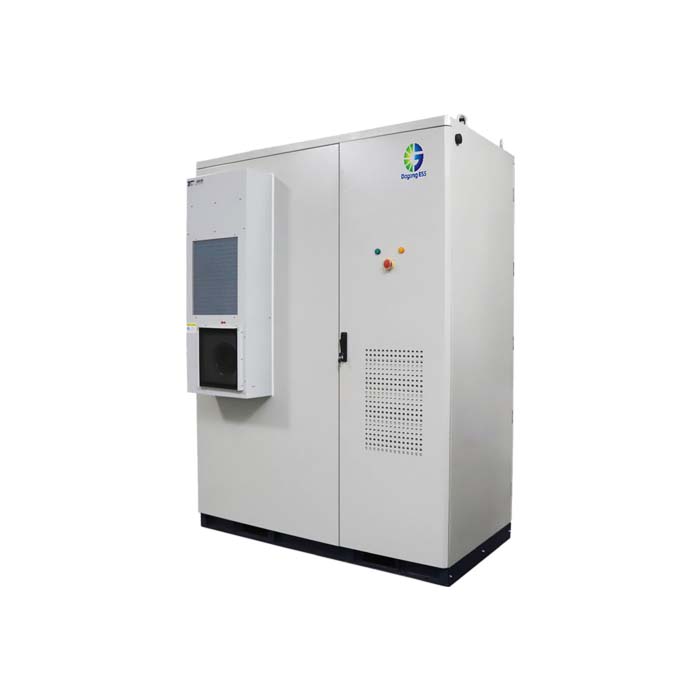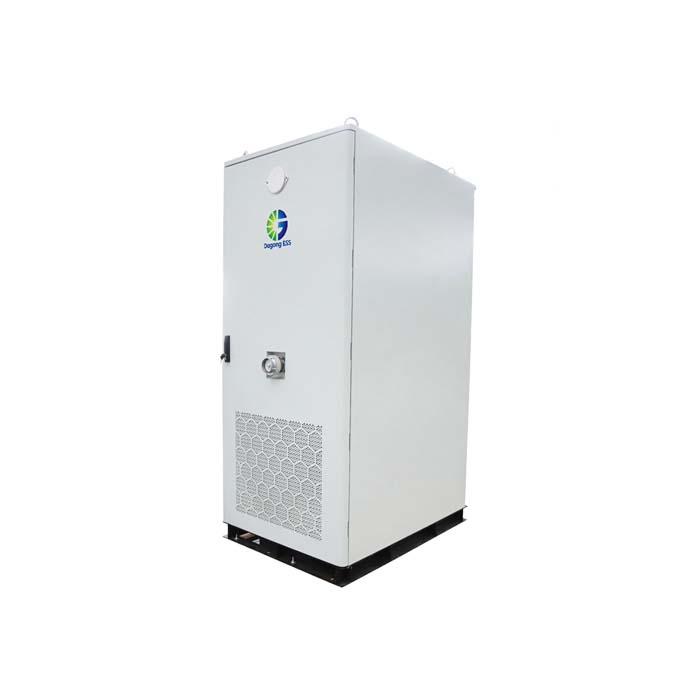Empowering the Future: A Complete Guide to Energy Storage Systems
What is an Energy Storage System?
An Energy Storage System (ESS) is an integrated solution that stores electrical energy for use at a later time. It typically comprises batteries, a battery management system (BMS), a power conversion system (PCS), energy management software, and safety protection devices. ESS allows energy to be charged during periods of low demand or high production (e.g., from solar PV or wind), and discharged when energy demand exceeds supply. This flexibility helps balance supply and demand, reduce electricity costs, and support grid stability.
Types of Energy Storage Systems
Energy storage systems can be classified into several types based on their energy storage method:
Battery Energy Storage Systems (BESS): The most common type, using lithium-ion (e.g., LiFePO₄ or NMC), lead-acid, or flow batteries.
Thermal Energy Storage: Stores energy in the form of heat or cold for later use.
Mechanical Storage: Includes pumped hydro, flywheels, and compressed air systems.
Chemical Storage: Such as hydrogen or synthetic fuel storage.
Among these, LiFePO₄-based BESS is widely used in modern residential, commercial, and utility-scale applications due to its safety, long life, and high energy density.
Features of Energy Storage Systems
Scalability: Ranges from small 5kWh home systems to over 5MWh commercial-scale solutions.
Modular Design: Easy to expand as energy demand grows.
High Efficiency: Charge/discharge efficiencies of 90% or higher.
Safety: Advanced BMS, fire suppression systems, and thermal management.
Smart Control: Integrated EMS (Energy Management System) for real-time monitoring and optimization.
Compatibility: Supports solar PV, wind, EV charging stations, and grid-tied applications.
Applications of Energy Storage Systems
Residential Energy Storage: Store solar energy, reduce grid dependence, and provide backup power.
Commercial & Industrial (C&I): Optimize peak shaving, demand charge reduction, and power backup.
Utility-Scale Storage: Enhance grid flexibility, frequency regulation, and renewable energy integration.
Microgrids & Off-Grid Solutions: Ensure reliable power supply in remote or unstable grid areas.
EV Charging Stations: Stabilize loads and support fast charging infrastructure.
Price of Energy Storage Systems
The cost of an Energy Storage System depends on various factors, including capacity (kWh/MWh), battery type, PCS specification, thermal management (air or liquid cooling), control systems, and installation complexity.
Pricing is typically quoted based on international trade terms such as EXW (Ex Works), FOB (Free On Board), or CIF (Cost, Insurance, and Freight), depending on project location and shipping requirements.
For a precise quotation tailored to your needs, it's best to consult a trusted supplier directly.
How to Select an Energy Storage System for Your Project?
When choosing an ESS, consider the following:
Application Scenario: Residential, C&I, utility, or off-grid?
System Size: How much energy (kWh) and power (kW) do you need?
Battery Chemistry: LiFePO₄ for safety and longevity; NMC for higher density.
Cooling Method: Air-cooled for small/mid-scale; liquid-cooled for large-scale applications.
System Voltage: Match with your inverter/grid system.
Certifications & Compliance: Ensure conformity with local grid and safety standards.
Supplier Support: After-sales service, installation guidance, and technical support are critical.
How Long Does an Energy Storage System Last?
The lifespan of an ESS depends largely on the battery type and usage:
LiFePO₄ Batteries: Typically offer 6,000+ cycles or 10–15 years.
NMC Batteries: Around 3,000–5,000 cycles.
System Maintenance & Operation: Proper installation and thermal control extend system life.
Regular monitoring via EMS and timely maintenance also help maximize ROI.
The Supplier of Energy Storage Systems
Dagong ESS, a brand of Dagong New Energy, is a leading energy storage manufacturer based in China. Specializing in both air-cooled and liquid-cooled ESS, Dagong offers customized solutions for residential, commercial, and industrial applications. From 5kWh rack-mounted batteries to 215kWh integrated cabinets and 5MWh liquid-cooled containers, Dagong ESS supports global standards and provides one-stop energy storage solutions.
Dagong ESS offers customized services to meet different energy storage needs worldwide.
Contact us today at sales@dagongess.com to discuss your project!


